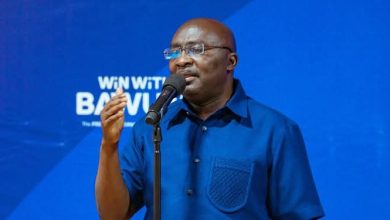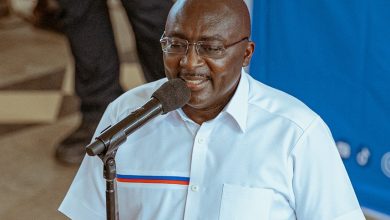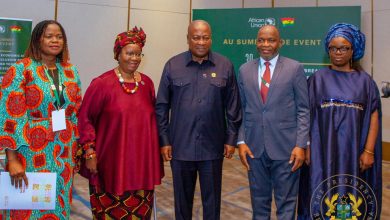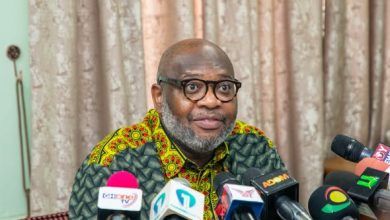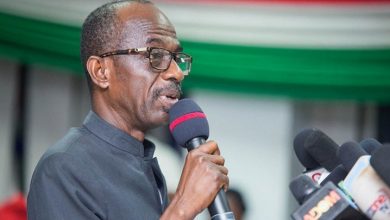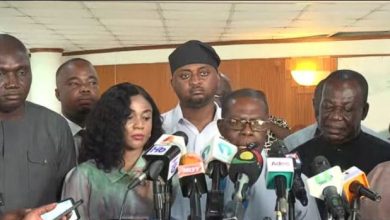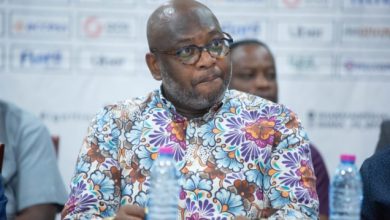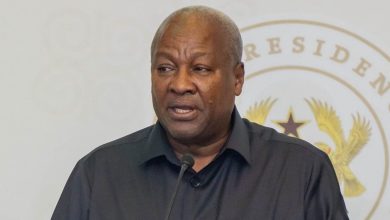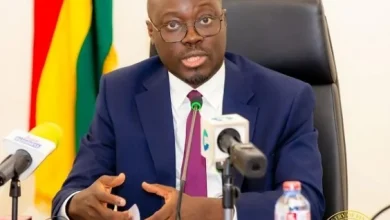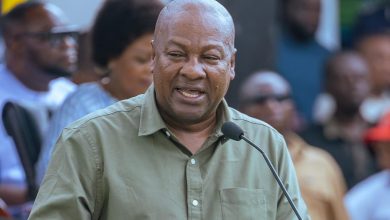US Embassy to Support Government in Reviving Millennium Challenge Compact
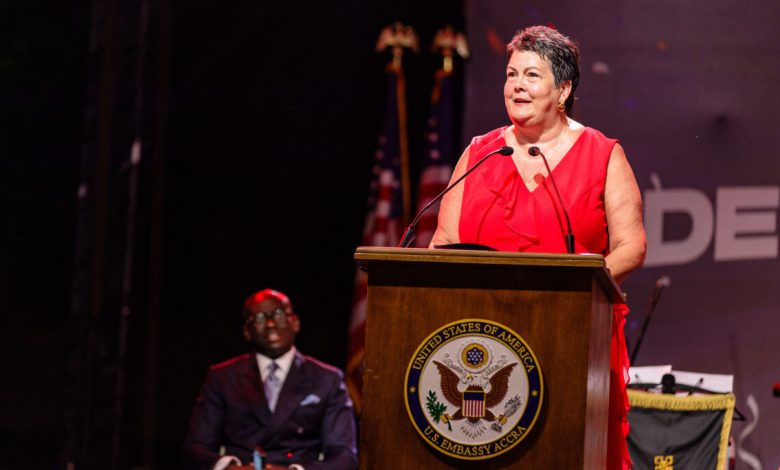
The United States Embassy has reaffirmed its commitment to assisting Ghana in renegotiating with the Millennium Challenge Corporation (MCC) to reinstate a $190 million grant intended to support reforms in the country’s electricity distribution sector.
The grant was originally part of the $316 million Ghana Power Compact, signed by President John Dramani Mahama in 2014 to enhance efficiency in the power sector.
However, Ghana lost access to the funds in 2019 following the cancellation of a concession agreement between the Electricity Company of Ghana (ECG) and Power Distribution Services (PDS).
Earlier this year, President Mahama announced plans to reopen discussions with the MCC, citing Ghana’s struggling energy sector as the “Achilles’ heel” of the nation’s financial and economic stability.
Speaking to journalists in Accra, U.S. Ambassador to Ghana, Virginia Palmer, expressed her support for Ghana’s bid to secure the reinstatement of the grant.
“The President and I have common goals on this, and we’ve had talks even during the campaign about the importance of this. He was in office when the Millennium Challenge Compact was first designed. Ghana should be a poster child for the Millennium Challenge Compact. It does govern well on behalf of its people,” Ambassador Palmer stated.
She also expressed disappointment over the cancellation of the third tranche of the grant, emphasizing the urgent need for reforms at ECG.
“I was very sad, it was right before my time, but when that tranche was cancelled, I was sad for a number of reasons. The first is that, you know, the reform of ECG was very necessary. And that was something that came up in the National Economic Dialogue—was the fact that ECG is essentially losing $2.2 billion a year, which is equivalent to or more than what you get from the IMF. So that needs to be reformed, clearly,” she stressed.
Ambassador Palmer welcomed President Mahama’s decision to prioritize a reengagement with the MCC and reiterated her commitment to helping Ghana secure the remaining funds.
“The major aim of the second compact was for the power sector to be whole and not in the red. And that hasn’t been achieved yet. And to be eligible for another compact, you have to pass the scorecard and, you know, govern well on behalf of your people.
And having had a successful previous compact. So, we need to make sure that that can happen, and then I will very strongly advocate for another compact,” she said.
The Ghana Power Compact was designed to revamp the country’s energy sector through strategic investments in power infrastructure, promoting energy efficiency, and fostering inclusive economic growth. Signed in 2014, it sought to address key inefficiencies in the sector and enhance electricity service delivery.

